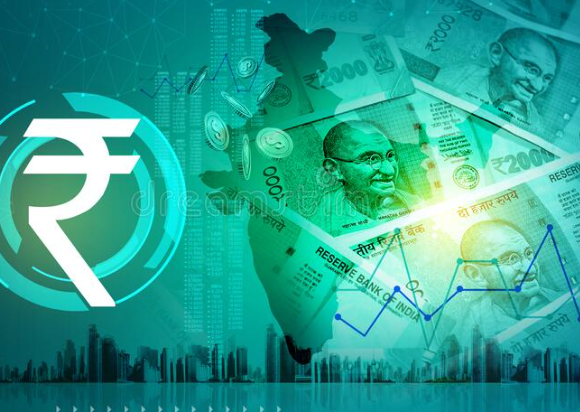#IndiaPolitics #Modi #ChandrababuNaidu #NitishKumar #Election #RegionalPolitics #Coalition #IndianGovernment
In the constantly evolving political landscape of India, the future of Prime Minister Narendra Modi’s tenure is becoming increasingly intertwined with the actions and decisions of key regional politicians, notably N Chandrababu Naidu of the Telugu Desam Party (TDP) and Nitish Kumar of the Janata Dal (United) or JD(U). These regional leaders hold substantial sway in their respective states – Andhra Pradesh for Naidu and Bihar for Kumar – and their political strategies and alliances could significantly influence national politics, especially as India gears up for the upcoming general elections.
N. Chandrababu Naidu, a seasoned politician known for his role in Andhra Pradesh’s technological and infrastructural development, has been a critical player in India’s regional politics for decades. His ability to leverage his state’s position and resources has often placed him as a kingmaker in broader Indian political scenarios. Similarly, Nitish Kumar, with his focus on social welfare and development in Bihar, has solidified his role as a pivotal figure in the state’s politics, often dictating the terms of political engagements and alliances at the national level.
The significance of these regional powers in shaping the national political landscape cannot be underestimated. As Modi seeks to secure another term in office, the alignment or opposition of such influential regional leaders could drastically affect the electorate’s mood and the electoral outcomes. Both Naidu and Kumar have demonstrated their capability to sway political narratives and forge significant alliances, making them indispensable players in the run-up to national elections. Their decisions on whether to support Modi’s bid for re-election or to oppose it could lead to a realignment of political forces across India, potentially influencing the formation of the next government. The dynamics between national figures like Modi and regional stalwarts like Naidu and Kumar underscore the intricate and multi-layered nature of Indian politics, where regional agendas and national ambitions frequently intersect and reshape the political landscape.





Comments are closed.